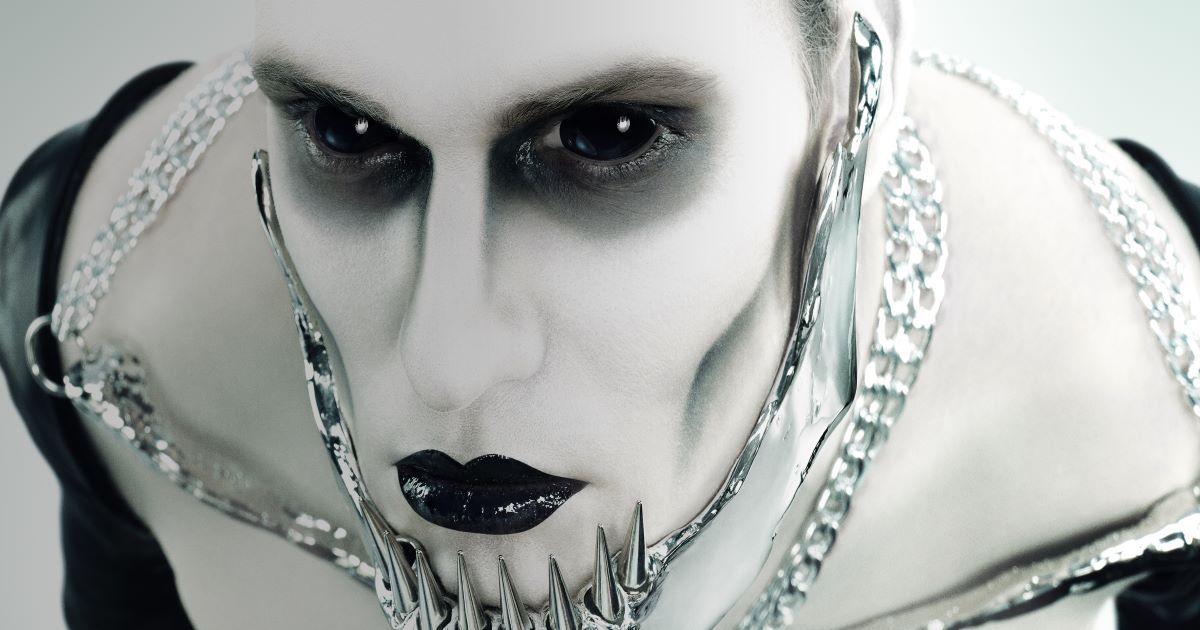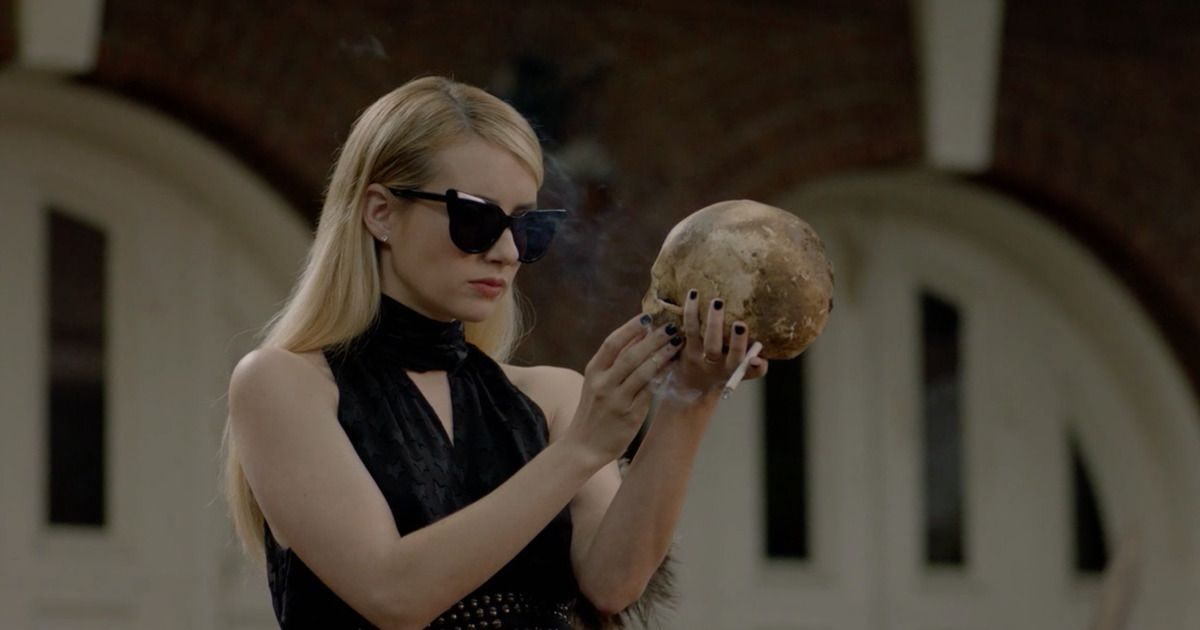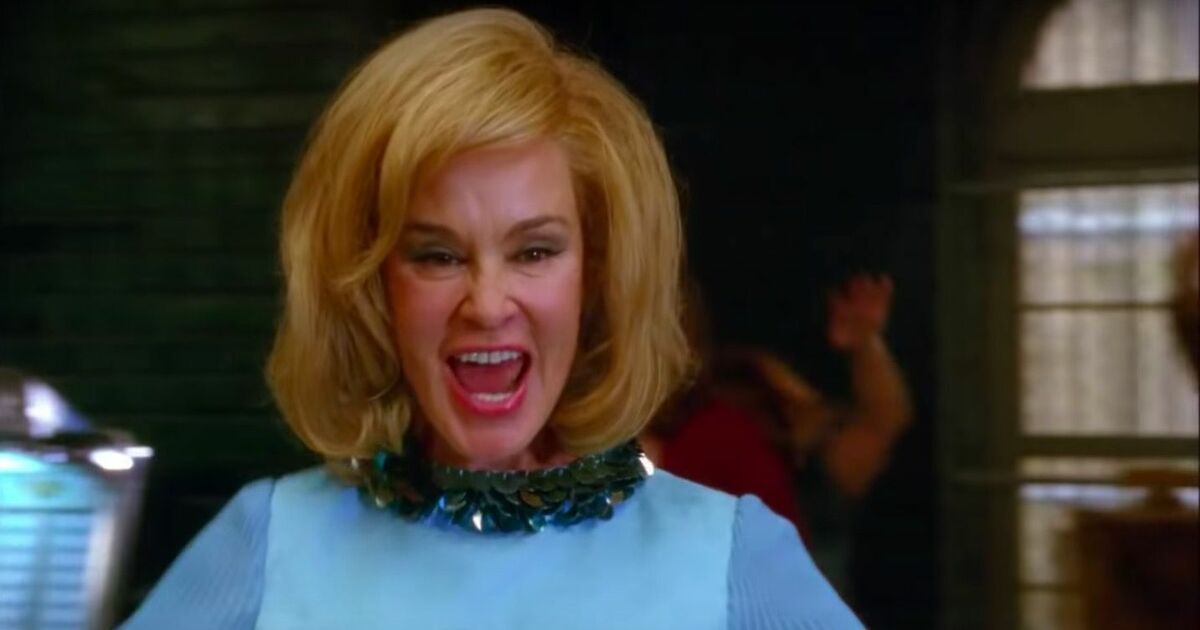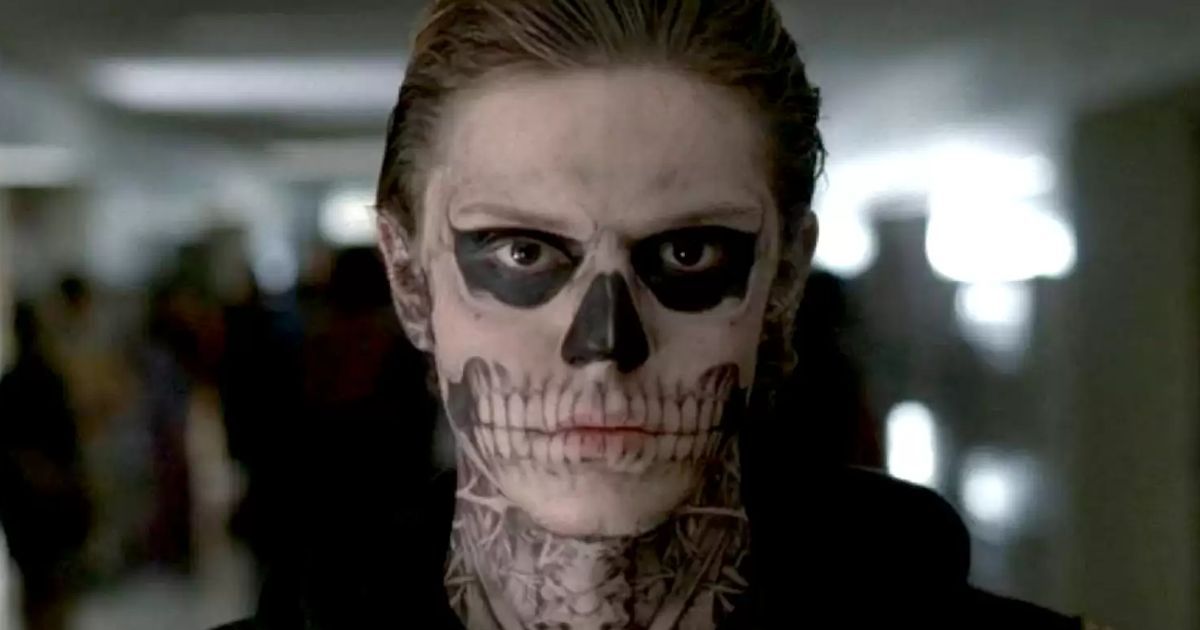Ryan Murphy has enjoyed an illustrious and largely successful career in television, serving up campy dramedies before the 2019 Met Gala brought the word to the forefront of the pop culture vocabulary. Murphy’s productions have gained renewed public favor on social media in the years since. Glee character Finn Hudson finding religion in a piece of slightly burnt toast was never lazy comedy and Will Schuester was not unironically the most cringe-inducing individual in television history – it was all camp!
These playful ventures into absurdity delivered by formidable actors is a large part of what makes Ryan Murphy’s work so distinctly entertaining. Sarah Paulson screaming and running away from one threat or another on American Horror Story (AHS) has been memed a thousand times over, but her performance is still regarded as an outstanding aspect of generally formidable storytelling. Of course, not all of Murphy’s work bears this campy signature. In fact, Murphy has recently faced a good deal of backlash for his series Monster: The Jeffrey Dahmer Story, starring AHS alum Evan Peters. The families of Dahmer’s victims have spoken out against the series, regarding it as a glorification of one of society’s most nefarious figures, and an insensitive manipulation of real tragedy for profit and entertainment. Shirley Hughes, the mother of Tony Hughes — a victim whose relationship to Dahmer and ultimate demise was intimately explored in the series— spoke out about Evan Peters’ recent Golden Globe win for portraying the infamous cannibal.
"There's a lot of sick people around the world, and people winning acting roles from playing killers keeps the obsession going and this makes sick people thrive on the fame."
— Shirley Hughes
The recent scandal surrounding Monster is not the only conversation that should trouble Ryan Murphy. American Horror Story, his longest running creation, has been renewed for seasons twelve and thirteen— but social media doesn’t seem that enthused. After dominating pop culture for a decade, American Horror Story’s fanbase seems a bit over it. Is the series over the hill, and should Murphy draw it to a close before it jumps the shark?
Early Acclaim and Critiques
It was a fairly common event in the early 2010s to see people sporting merch with “normal people scare me” sprawled on it in the signature AHS font. Season one opened to some fairly harsh criticism from critics, while audiences instantly launched it to popularity. The more favorable reviews regarded the series as a refreshing and entertaining, albeit enjoyably ridiculous piece. As reviews become more negative, critics find the absurdity of the series less and less amusing, slamming it as a superficial, tiresome, and off-putting spectacle. Nevertheless, season one enjoyed an average of 3 million viewers per episode in its initial release, with the most viewed season (Coven) drawing an average of over 4 million viewers per episode. The series, furthermore, has not lacked accolades, with the sensational anthology series collectively winning 100 out of the 359 awards it has been nominated for through the years. With renowned names in the industry often gracing the opening credits — such as Jessica Lange, Sarah Paulson, Kathy Bates, Dylan McDermott, and more — AHS has risen above derision and criticism to establish itself as a respected series that serious actors want to be a part of.
Best and Worst of the Series
Some of American Horror Story’s best moments come from its bold and unapologetic amplification of queer voices. AHS has long been accepted as an offshoot of queer culture, with the campy elements and often gloriously flamboyant performances evoking the creative expressions of drag. Many of the series’ stars, as well as creator Ryan Murphy, are LGBTQ+. The addition of Lady Gaga to the series, with the pop star being one of the foremost icons of the LGBTQ+ community and an outspoken champion of gay rights since the very onset of her career, is indicative of the important role that this community has played in the show’s success. The Coven season of AHS explores some fairly strong content in its portrayal of real-life sadistic killer Madame Lalaurie, a slave-owning New Orleans woman who was discovered to be torturing and murdering her slaves. In regard to the controversial material, Coven star Kathy Bates defended the series:
"It's a whole other ballgame. I think we do delve into some pretty serious issues. I hope that people don't think that just because we're entertaining and garish and gruesome and at times camp …. We still have the right to go there, to those places."
The series continued to thrive for multiple seasons after the release of Coven, holding onto strong viewership figures until about its eighth season, at which point viewership began to steadily decline. The most recent season, the series’ eleventh, held the attention of only about 0.65 million viewers per episode on average upon its initial release. With the hype undoubtedly dying down, what does the future hold for AHS?
Current Trends
Declining viewership may mean that the end is nigh for American Horror Story. The American Horror Stories spinoff is likewise not garnering any sort of extraordinary acclaim. Perhaps the most poignant end for the series would have been after the Apocalypse season, which tied together various plot lines and character arcs amid the end times. Inexplicably, the series continued after this point despite having so neatly wrapped up its overarching stories. It is after this point that we get lackluster seasons such as 1984 and NYC. It is not surprising that social media buzz for the latest season was nearly non-existent, and remains quiet on the subject of upcoming seasons. Combined with the bad taste left in the critics’ mouths after Monster: The Jeffrey Dahmer Story, keeping the once beloved American Horror Story series on life support could threaten to have Murphy’s career go out with a whimper rather than a bang.




